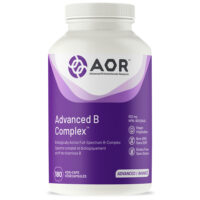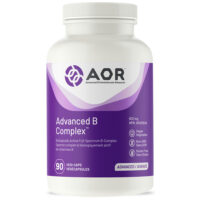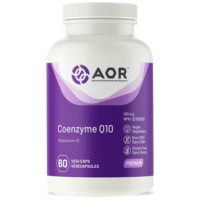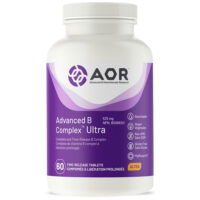Considering organic meat costs up to 100% more than non-organic meat, the question one has to ask is this: Is organic meat worth the added expense? For those who follow an organic lifestyle, the answer is unequivocally yes.
To understand why organic meat is so expensive, one has to look at the organic farm as a whole. To obtain organic status takes about a year or more. This entails several components on how animals are treated and fed. One of the mandated tenets regarding animals is that they must be free-roaming. This means they must have access to the outdoors as much as possible. More importantly, they must not be given antibiotics or animal by-products in their feed. In addition, the land must be totally organic, right down to the fence posts. Once all of the tenets are met, the farm is given organic status.
Moreover, how the meat is processed is also costly. The use of high pressure to process the meat not only rids the meat of any excess bacteria, but offers a longer shelf life as well. Therefore, there is no need for preservatives. The expense involved in running an organic farm is then passed down to the consumer, and thus, this is the reason why organic meat is so expensive.
Organic farms follow the strictest guidelines imposed by the USDA. This includes:
* Using certified organic feed.
* Absolutely no hormones are used in the production of the meat.
* There are no pesticides, herbicides, fungicides, preservatives, nitrates, or synthetic fertilizers used.
* Animals are treated humanely.
* Grain and hay is used to reduce E. coli bacteria.
Today, while organic meats are quite expensive, those who believe in healthy nutritional foods and meats are willing to pay the additional costs. In addition, staying away from processed meats such as hamburgers and hot dogs which, according to the Consumers Union “may contain bits of brain or spinal cord,” is a sure-fire way to avoid disease.
If you choose to purchase organic meat, check the package to ascertain if the label states it is organic. Or, you can check your local cooperative or farmer’s market to ensure they sell organic meats and indeed have been certified as having organic status.
As we all strive to eat more healthily, isn’t it worth the added expense to know that the meat you are consuming is free from the aforementioned chemicals? Certainly, with all the regulations that are being enforced in fast food restaurants and upscale restaurants, especially as regards trans fat, poultry, and meat, it is possible to avoid these processed foods altogether. Another way is to concentrate on serving more unprocessed fruits and vegetables as part of the family meal.








